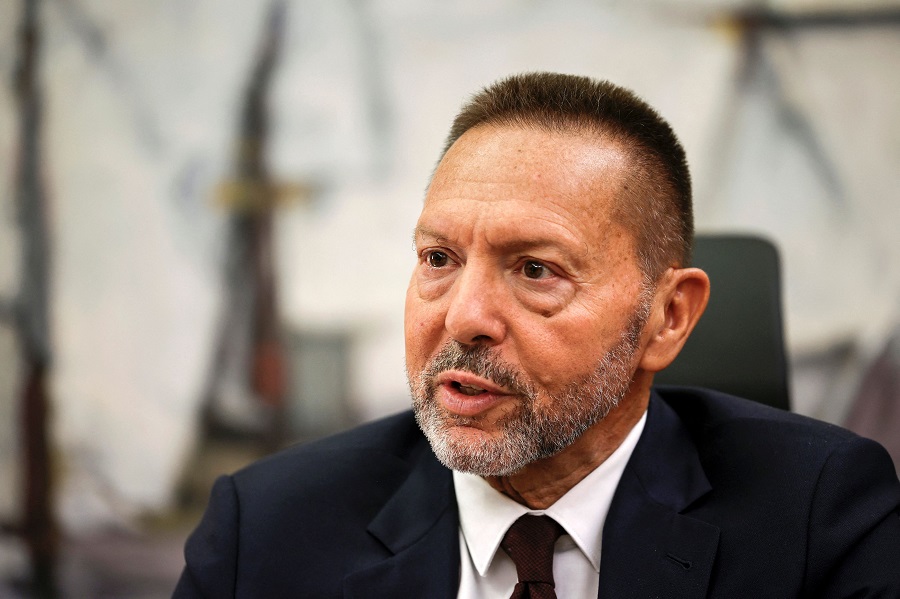Bank of Greece (BoG) Gov. Yannis Stournaras on Tuesday essentially voiced opposition to a portion of the government’s spending policy – which mostly manifested in the wake of the pandemic – of allocating one-off welfare payments and subsidization of essential goods (heating oil, grocery items, electricity) for low-income citizens.
Speaking at a press conference on the sidelines of the “Greece Meta VII” conference in Athens, the influential Greek central banker also tabled the prospect of re-evaluating tax breaks – a standing policy plank of the current Mitsotakis government.
He also expressed his view that the ECB should lower interest rates as of mid-2024, assuming certain conditions allow. At the same, Stournaras clarified that this was his personal opinion, something which has not been debated within the ECB’s general council setting.
Turning to spending aimed at lower-income strata in the country, he wondered if such subsidies actually benefit those “at-risk”, while noting that every expenditure must now be scrutinized, “as we’ll needed revenue”.
“Greece needs investment, public investment. It needs (cash) cushions to cope with crises; geopolitical, climate crises,” he said, while warning that the country’s current account deficit is the second largest among OECD countries.
“I am not saying it is risky, because it’s not caused by the public sector,” he qualified, in a bid to distinguish from the deficit crisis that erupted in 2010.
“We need to be very careful, because the fiscal situation will tighten after Jan. 1 … we (Greece) returned from the edge of the abyss and is now an international success story.”
His advice to the center-right government is to follow an “orthodox fiscal policy”, allowing the country to double its primary budget surplus next year to 2.1 percent of GDP.
Regarding the course of the ECB’s interest rates, Stournaras predicted that the inflation rate will again increase, citing what he called “technical reasons”, as subsidies will soon expire. “However, if by the middle of next year, in August, inflation falls below 3 percent on a permanent basis then there may be a thought towards a small reduction (in interest rates), in the beginning.”



